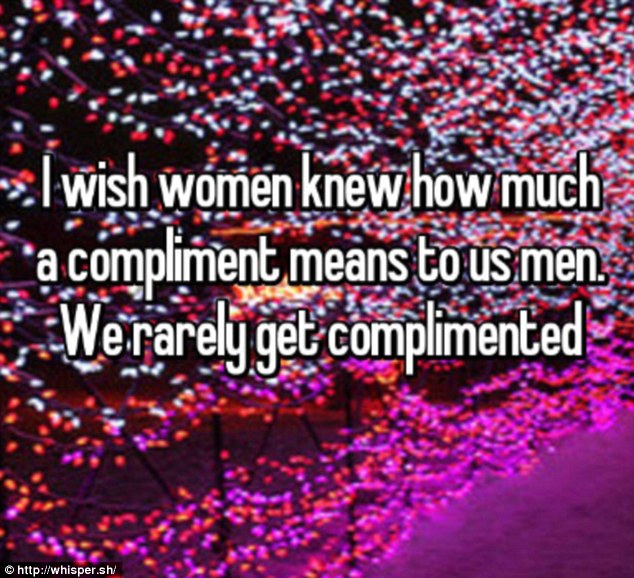I’m not talking about your mouth when the smell of steaks grilling over the fire hits your nostrils. Nor am I talking about Harvey Weinstein’s reaction to seeing a fresh young actress who wants a part in a movie.
Nope, I’m back to my old gripe about people who dress like slobs. Theodore Dalrymple takes up the cause:
Indeed, if there is one thing that unites mankind today it is casual slobbery in dress.
This is rather odd, considering that so many people seem to spend a lot of their spare time shopping for clothes. The fact is, though, that however much time they spend on shopping, they will always look just as much a mess as ever. They choose, but they do not discriminate.
Our unwillingness, and increasing inability, to dress elegantly represents the triumph of self-esteem over self-respect. We dress to please ourselves, not others, and not looking like a slob takes effort, especially keeping it up through the day. Convenience is all, and it is easier to throw on a few casual clothes than to dress well.
What sparked Dalrymple’s ire was his experience at a couple of airports:
Sitting in two airports last week, in Paris and Riga, it suddenly occurred to me that I had not seen a single person who was smartly, let alone elegantly, dressed.
Now I seldom disagree with Teddy about much, but I do on this occasion. Imagine this scenario:
You get dressed to go to an important business meeting, so you do it properly: ironed shirt, tie, decent navy-blue suit, leather belt and shiny black lace-up Oxfords. You check yourself in a mirror and damn, you look good.
But did I mention that the important business meeting was out of town, and you’d need to catch a flight there?
Now go back and reflect how difficult it’s going to be when you’re confronted by the surly TSA apparatchiks at the airport. Belt? Take it off. Shoes? Unlace them, and take ’em off. Jacket? Run it through the X-ray. And that gold tie-clip? We’re going to pat you down and run you through our Magical Cancer-Generating Full-Body Scanner, bub.
All of a sudden, a tee shirt, sweatpants and slip-on moccasins make a lot more sense, don’t they? And the net result is that you look like a slob, because it’s a big enough chore to dress properly in the first place without having to do it all over again at the airport in front of hundreds of people.
However, while I may make a (grudging) allowance for looking like a slob under the above circumstances, the next scenario is absolutely unforgivable.
You’e married to one of the most beautiful women in the world — an actress, as it happens — and you have to attend a promotional red carpet event with her, to hype up her latest movie. So you both get dressed and let the limo sweep you off to this important event.
Your wife, of course, looks sensational:

You? Not so much:

It’s even worse when you look at the pair of them together (and small wonder she’s not looking at him, I imagine, out of pure embarrassment):

This is “dressing up”? A shabby cardigan, an untucked golf shirt, too-short casual trousers, socklets and sneakers? Are you fucking kidding me?
What bemuses me (and I’ve had this thought before) is why Anne Hathaway didn’t take one look at this slob and tell him either to change into a tux or stay the fuck at home.
I don’t care how “fashionable” this little fart thinks he is, or how important he may be in the business, or any of that crap: there is no excuse for this.
What this is, folks, is a total lack of respect; for the event, for the occasion, but most of all, towards his wife. In the old days, he would have been horsewhipped for looking like this outside the home — which is one of the many reasons I hanker for the old days.
Now: where did I put that sjambok?






